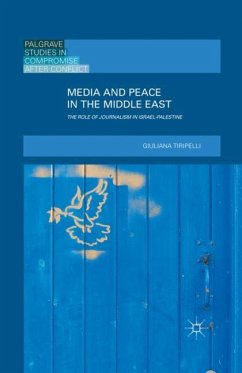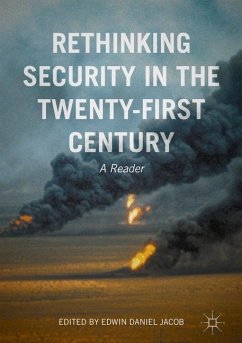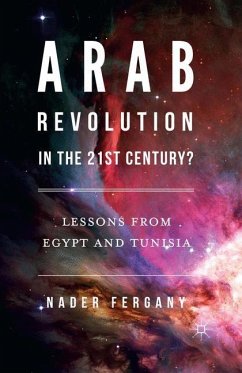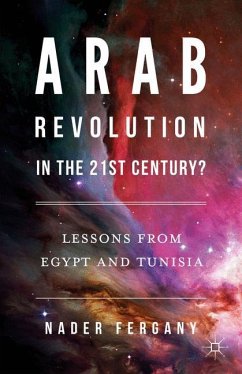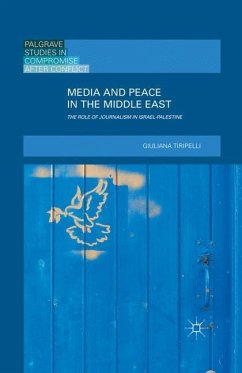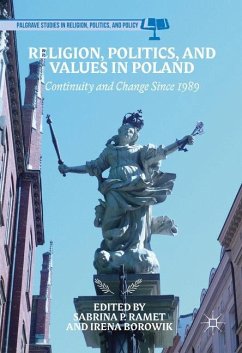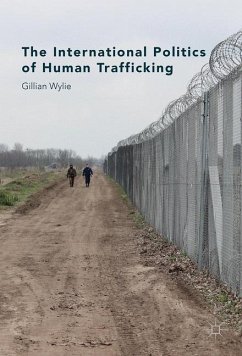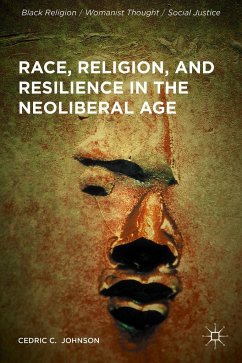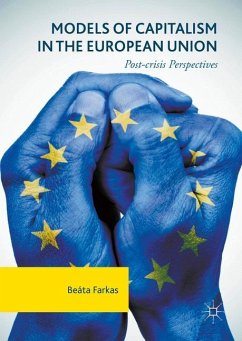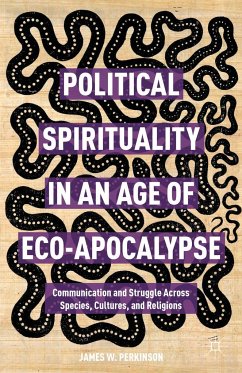Sudan, Somalia, Ethiopia and Iraq. It carefully attends to differences in the 'home contexts', the refugee process and settlement experiences of these 19 persons. The focus is on the ways religion was or was not 'useful/helpful' in the process. Most reported that religion was of help and many found their religious practice intensified.
2) Does this proposal offer a useful and/or original contribution to the field? Is it
addressing any new/emerging areas?
Yes (6/10). It provides a window on a process that is very much at the fore in current social policy debates and concerns for social cohesion and the plight of refugees. The role of religion is often overlooked. In so far as these 19 cases are representative (and there is no way of assessing this) this is a substantial contribution to a neglected area of research which needs to be made. The secularist presupposition of social researchers in this area has long blinded them to this aspect of major social and personal processes.
3) Does it adequately engage with recent scholarship? Does it take existing
scholarship forward?
Yes (7/10), it is adequately grounded in the current literature and scholarship
4) What are the strengths and weaknesses of the proposal? You may wish to
consider structure, organization, coherence and presentation of material; scope,
coverage and breadth of appeal or degree of specialization; whether there are
any obvious omissions; timeliness and likely shelf-life of the research; what
proportion of the work, if any, will require substantial re-working; and whether
any suggested improvements fundamental to the project's success or
discretionary matters which might be addressed after the project has been
accepted.
(7/10) The strengths of this proposal rest in the careful and detailed interview material which is thoroughly mined to provide insights into the role of religion in the process of refugee settlement. It tells an intrinsically interesting story. The material is reasonably well written and in a style that is well on its way to monograph style from thesis style, but needs some further work and editing. It is a very good piece of qualitative research which is strengthened by the author's sensitivity to and capacity to interpret religious behaviour.
The weaknesses include the problem of whether the 19 cases represent anything more than themselves; the enormous detail of the analysis to be grounded in such a limited sample; the limitation of religion and spirituality to Christian and Islamic practices (this could also be seen as a 'strength' of being focussed) to the exclusion of other religious traditions and to a consideration of 'spiritual' as something other than readily recognised church/mosque related activities (that is the religion/spiritualtiy difference is referred to but underdeveloped - the obvious answer is to remove references to 'spiritual'. The references to 'theories' is well made, but they can only play an interpretive role and the data cannot be seen to be a test of them, but simply as indicative examples. But such is virtually ever the case with good qualitative research. It cannot be said that theories informed the design of the research but only the interpretation of data.
I am not convinced







